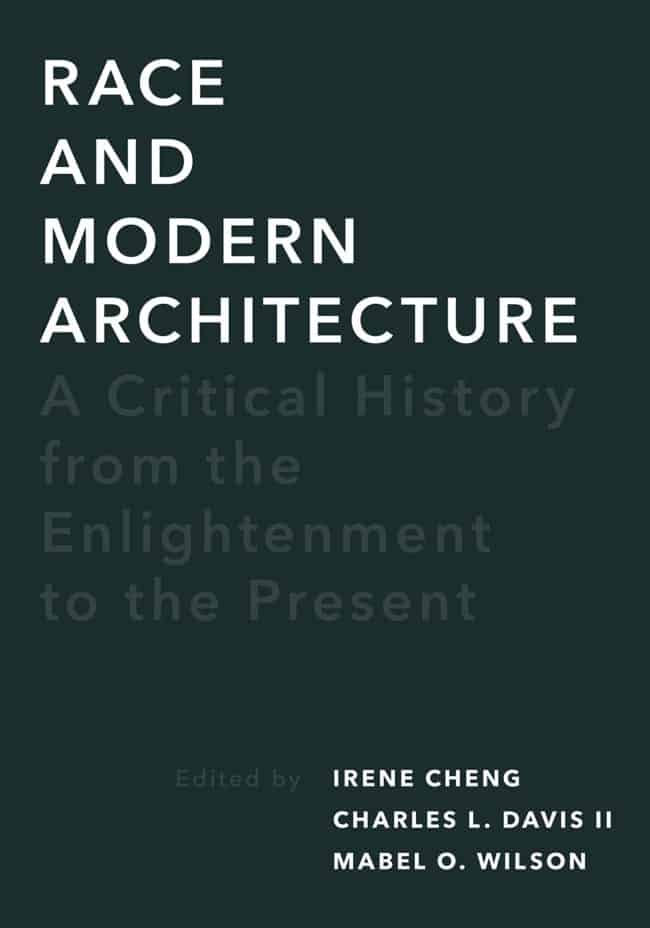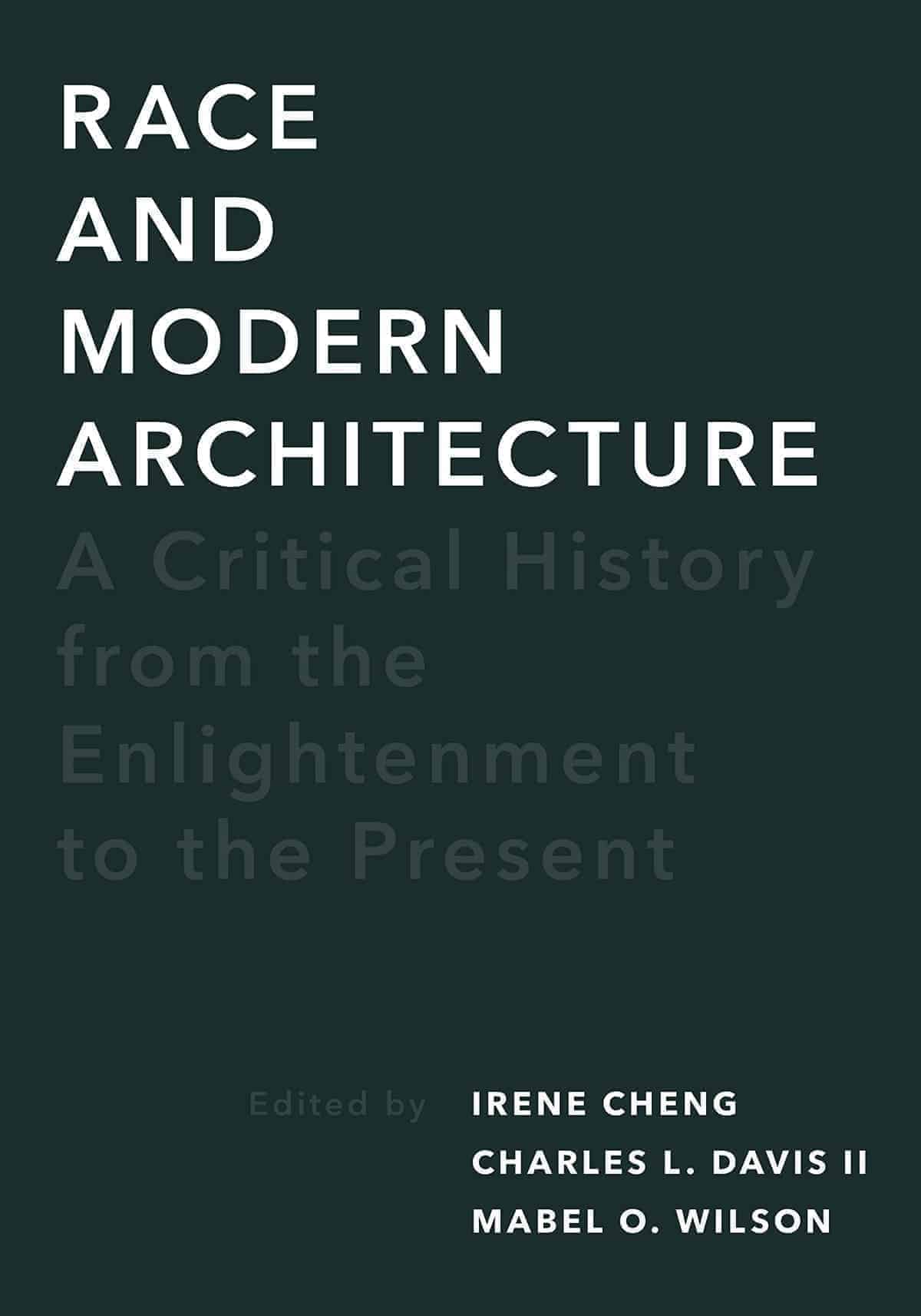Although race—a concept of human difference that establishes hierarchies of power and domination—has played a critical role in the development of modern architectural discourse and practice since the Enlightenment, its influence on the discipline remains largely underexplored.
Race and Modern Architecture offers a welcome and long-awaited intervention for the field by shining a spotlight on constructions of race and their impact on architecture and theory in Europe and North America and across various global contexts since the eighteenth century.
Challenging us to write race back into architectural history, contributors confront how racial thinking has intimately shaped some of the key concepts of modern architecture and culture over time, including freedom, revolution, character, national and indigenous style, progress, hybridity, climate, representation, and radicalism.
By analyzing how architecture has intersected with histories of slavery, colonialism, and inequality—from eighteenth-century neoclassical governmental buildings to present-day housing projects for immigrants—Race and Modern Architecture challenges, complicates, and revises the standard association of modern architecture with a universal project of emancipation and progress.
Race and Modern Architecture: A Critical History from the Enlightenment to the Present - Praise
"This book will enlighten many. By exposing how modern architectural discourse and thought have been influenced quite heavily by racism, this critical and important scholarship sheds new light on the built environment. Race and Modern Architecture ultimately reveals how architecture and design have been silent partners in oppression in the United States and around the globe." - Lee Bey, author of Southern Exposure: The Overlooked Architecture of Chicago's South Side
"Race and Modern Architecture challenges the suppression of race in canonical histories of modern architecture, revealing the discipline’s foundation on hierarchies of racial difference, its absorption of racial thought, and the racial origins of modernism’s narrative of universalism and progress. These incisive essays resonate beyond architectural history and reflect on the inextricable intertwining of race and modernism." - Patricia Morton, University of California, Riverside
About the Editors
Irene Cheng is an architectural historian and associate professor at the California College of the Arts. Charles L. Davis II is an assistant professor of architectural history and criticism at the University at Buffalo, SUNY. Mabel O. Wilson is the Nancy and George E. Rupp Professor at the Graduate School of Architecture, Planning, and Preservation and a professor in African American and African Diasporic Studies at Columbia University.

